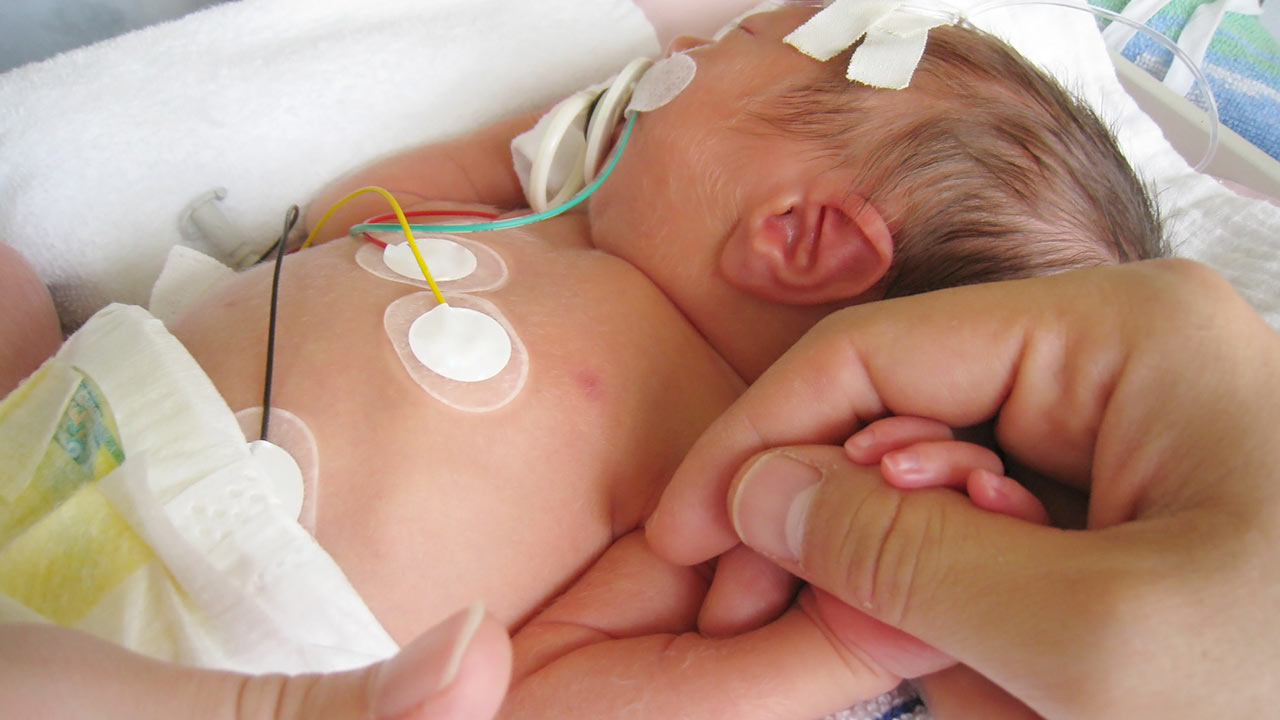
Intensive Care for Babies: A Comprehensive Guide
Introduction
The birth of a child is a momentous occasion, filled with joy and anticipation. However, for some newborns, their arrival into the world is accompanied by medical challenges that require specialized care. Neonatal intensive care units (NICUs) provide life-saving and life-sustaining treatment for critically ill or premature infants. This article delves into the world of intensive care for babies, exploring the various conditions treated, the advanced technologies employed, and the emotional journey for families.
Conditions Treated in NICUs
NICUs cater to a wide range of conditions affecting newborns, including:
- Prematurity: Babies born before 37 weeks of gestation are considered premature and may require NICU care due to underdeveloped organs and immature immune systems.
- Respiratory distress syndrome (RDS): A condition that affects premature babies and causes difficulty breathing due to underdeveloped lungs.
- Jaundice: A yellowing of the skin and whites of the eyes caused by elevated bilirubin levels.
- Sepsis: A life-threatening infection that can spread throughout the body.
- Congenital heart defects: Birth defects of the heart that require specialized medical and surgical interventions.
- Neurological disorders: Conditions affecting the brain and nervous system, such as seizures and strokes.
- Surgical emergencies: Babies may require immediate surgery for conditions such as intestinal blockages or diaphragmatic hernias.
Advanced Technologies in NICUs
NICUs are equipped with state-of-the-art technologies that provide precise monitoring and treatment for critically ill babies:
- Ventilators: Mechanical devices that assist with breathing when a baby’s lungs are not fully developed or functioning properly.
- Incubators: Temperature-controlled environments that provide a stable and warm environment for premature babies.
- Phototherapy: A treatment that uses ultraviolet light to reduce bilirubin levels in babies with jaundice.
- Continuous positive airway pressure (CPAP): A non-invasive method of providing respiratory support by delivering pressurized air through nasal prongs.
- Extracorporeal membrane oxygenation (ECMO): A life-support system that takes over the functions of the heart and lungs when they are severely compromised.
The Emotional Journey for Families
Having a baby in the NICU can be an emotionally challenging experience for families. Parents may feel a mix of emotions, including:
- Anxiety and fear: Concerns about their baby’s health and well-being can be overwhelming.
- Guilt and inadequacy: Some parents may feel guilty for not being able to provide the care their baby needs.
- Isolation and loneliness: Spending long hours in the NICU can isolate families from their support systems.
- Hope and resilience: Despite the challenges, families find strength and hope in the progress their baby makes.
Supporting Families in the NICU
NICU staff play a crucial role in supporting families during this difficult time:
- Providing information and education: Doctors and nurses provide clear and timely information about the baby’s condition and treatment plan.
- Emotional support: They offer emotional support and guidance to help families cope with the stress and uncertainty.
- Encouraging parental involvement: Parents are encouraged to participate in their baby’s care as much as possible, fostering a sense of connection and empowerment.
- Facilitating communication: NICU staff facilitate communication between families and other healthcare professionals involved in the baby’s care.
Transitioning Home from the NICU
When a baby is ready to leave the NICU, the transition home can be both exciting and daunting. Families may need support and guidance during this time:
- Home care training: NICU staff provide comprehensive training on how to care for the baby at home, including feeding, bathing, and monitoring.
- Follow-up appointments: Regular follow-up appointments are scheduled to monitor the baby’s progress and address any concerns.
- Community support: Families may benefit from connecting with support groups or organizations that provide resources and emotional support.
Long-Term Outcomes
The long-term outcomes for babies who have spent time in the NICU vary depending on the severity of their condition. However, advancements in neonatal care have significantly improved survival rates and reduced the risk of long-term complications.
- Neurodevelopmental outcomes: Premature babies may have an increased risk of neurodevelopmental delays, but early intervention and support can help mitigate these risks.
- Respiratory outcomes: Babies with respiratory conditions may have ongoing respiratory issues, but most improve with time and appropriate medical management.
- Cardiovascular outcomes: Babies with congenital heart defects may require ongoing cardiac care, but many live full and active lives.
Conclusion
Intensive care for babies is a specialized field that provides life-saving and life-sustaining treatment for critically ill or premature infants. Advanced technologies and skilled healthcare professionals work together to provide the best possible care for these vulnerable newborns. While the journey through the NICU can be emotionally challenging for families, they are supported by a team of dedicated professionals who provide information, emotional support, and guidance. With advancements in neonatal care, the long-term outcomes for babies who have spent time in the NICU continue to improve, giving families hope for a brighter future.
